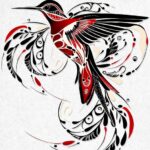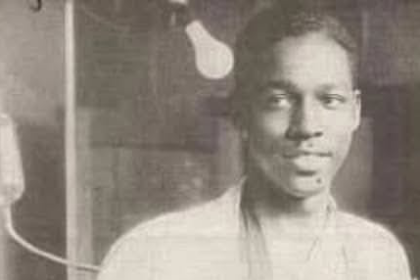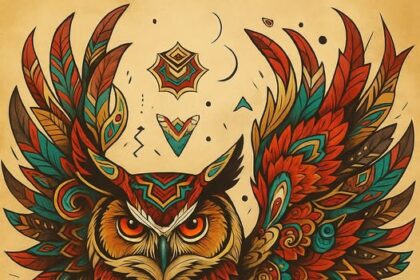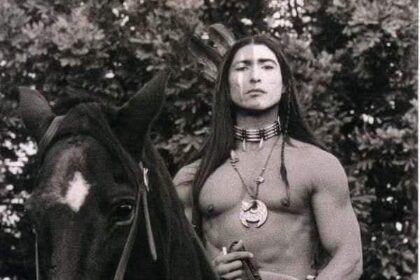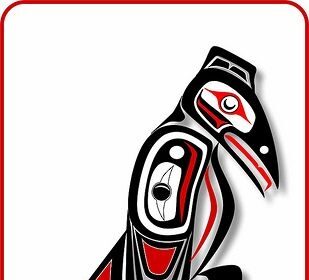The bond between the horse and the Native warrior is one of profound unity, trust, and shared purpose—a relationship that transcends mere utility and becomes a partnership rooted in respect and understanding. For many Native cultures, the horse was more than a tool of transportation or a companion; it was a sacred being, intertwined with the identity and spirit of the warrior.
Together, horse and warrior moved as one, their connection so deep that it often felt intuitive. The warrior trusted the horse to respond to subtle cues, and the horse relied on the warrior for care and guidance. In battle, the horse was not just a mode of attack or defense; it was a protector, carrying the warrior through peril and providing an advantage in speed and agility.
This relationship extended beyond the battlefield. Horses were integral to hunting, travel, and ceremonial life, embodying freedom and strength. The Native warrior often formed a lifelong bond with a particular horse, treating it with reverence and gratitude. This mutual respect created a partnership where both were equally reliant on the other, united in survival and purpose.
In many Native traditions, the horse was celebrated in stories, songs, and rituals, often seen as a gift from the Creator. Warriors understood their horses as spiritual allies, symbols of power, loyalty, and harmony with nature. This connection was a testament to the warrior’s ability to honor and live in balance with the natural world.
The relationship between the Native warrior and the horse stands as a powerful reminder of the strength that comes from unity and trust—two souls moving together in harmony, grounded in mutual respect and shared destiny.
The Identity Of The Sacred Warrior
Warriors understood their horses as spiritual allies, symbols of power, loyalty, and harmony with nature.
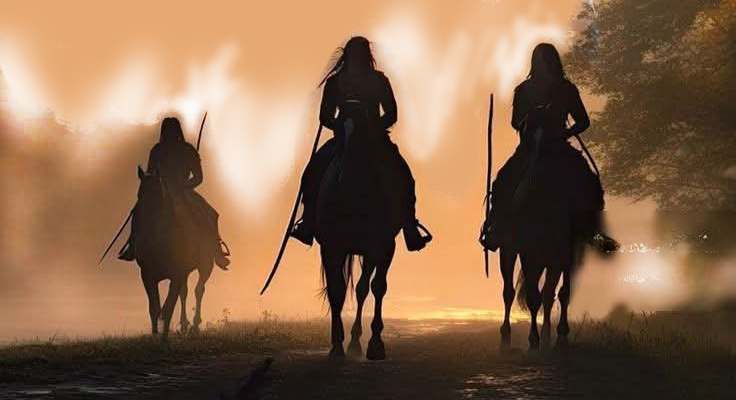
Leave a Comment


